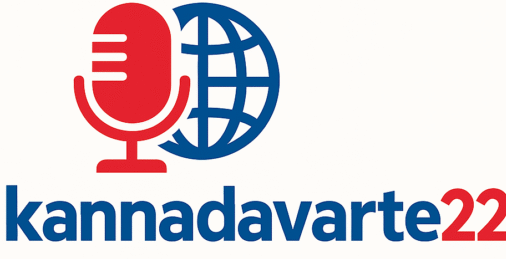Who is Bryan Johnson?
Bryan Johnson, 47, is a tech entrepreneur best known for founding Braintree (acquired by PayPal for $800 million in 2013), Kernel, OS Fund, and Project Blueprint—a rigorous, data-driven anti-aging experiment costing him ~$2 million annually .
His experiments include strict diets, 50+ supplements daily, frequent blood and biomarker testing, and controversial hyperbaric oxygen therapy (HBOT) and rapamycin trials .

What is Blueprint?
Launched in 2021, Blueprint consists of:
- A personalized anti-aging regimen called “Project Blueprint”
- A wellness product line featuring:
- Longevity Mix (~₹4,700)
- Super Shrooms Mushroom Coffee (~₹3,600)
Latest News: Blueprint on the Market?
As of July 22, 2025, multiple outlets report Johnson is leaning toward shutting down or selling Blueprint:
- Business Insider notes he’s “so close” to the decision, citing Wired, and he labels the company “a pain‑in‑the‑ass” .
- Economic Times adds he’s worried that the commercial venture undermines his philosophical credibility, and he “doesn’t need the money” .
- Times of India echoes the same sentiment, stressing he values his philosophical pursuits over profit .
Johnson says Blueprint is breakeven, despite a New York Times report claiming ~$1 million monthly losses .
Why Is He Selling? A Shift Toward “Don’t Die” Religion
- In March 2025, Johnson launched a philosophical/ spiritual movement called “Don’t Die”, based on his brand and documentary.
- He believes maintaining a business distracts from this mission: “People see the business and give me less credibility on the philosophy side… I will not make that trade-off.”
He’s “talking to people” about a sale and is “so close” to finalising that move .

Also Read :Apple iPhone 16 Price Revealed: Everything You Need to Know About Features & India Launch
Expert Extraction: What It Means for Anti‑Aging & Investors
Industry observers note Bryan Johnson’s departure highlights risks in founder-led biotech startups:
- The sector’s reliance on charismatic individuals can destabilize operations upon exit .
- Blueprint’s reported lack of clinical validation and internal controversies (e.g., NDAs, health side-effects) may have spurred investor concern .
- The broader longevity field could pivot toward more traditional, evidence-backed companies like Calico or Unity Biotechnology..
What’s Next for Blueprint & “Don’t Die”?
| Item | What’s Next? |
|---|---|
| Blueprint Status | Likely listing or wind-down in late 2025 |
| Founder Focus | Bryan Johnson devotes energy to “Don’t Die” movement |
| For Users | Potential discounts or phase-out of supplements |
| For Investors | Watch for new sober, science-backed longevity ventures |
Suggested CTA
- Stay Updated: Monitor news on the sale or wind-down.
- Engage Authentically: Read exclusive Wired interview and corporate filings.
- Explore Alternatives: Research peer-reviewed anti-aging startups for credibility.
Wrap-Up
Bryan Johnson’s anti-aging saga has entered a pivotal moment. After pioneering extreme personal biohacking and building a wellness brand, he’s poised to step back—opting for spiritual/philosophical expression over commercial gain. Blueprint’s future will inform larger questions about credibility, scaling, and science in longevity ventures.

Also Read : What is Perplexity AI?
What This Means for the Future of Anti-Aging Wellness
The news that Bryan Johnson may sell or shut down Blueprint, his groundbreaking anti-aging company, has sent ripples through the wellness industry. But this shift doesn’t necessarily signal failure—in fact, it may be a positive turning point for both the longevity space and Johnson’s personal mission.
For many followers, bryan Johnson’s decision highlights a deeper commitment to authenticity. By stepping away from commercial distractions, he is doubling down on his new philosophical movement, “Don’t Die,” which explores the boundaries of human potential and spiritual immortality. Rather than diluting his message through a profit-driven model, he’s prioritizing legacy, innovation, and ethical influence.
At the same time, the potential sale of Blueprint opens opportunities for other health-tech players to scale it with more structured leadership. Investors and biotech entrepreneurs are already speculating about who might acquire the brand. With its strong customer base, premium supplement line, and global attention, Blueprint still holds immense value—especially in a world increasingly obsessed with longevity, youth, and bio-optimization.
In short, this is not the end of Bryan Johnson’s anti-aging journey—it’s a new beginning. Whether through spiritual movements or scientific breakthroughs, he continues to redefine what it means to age well and live with purpose.
